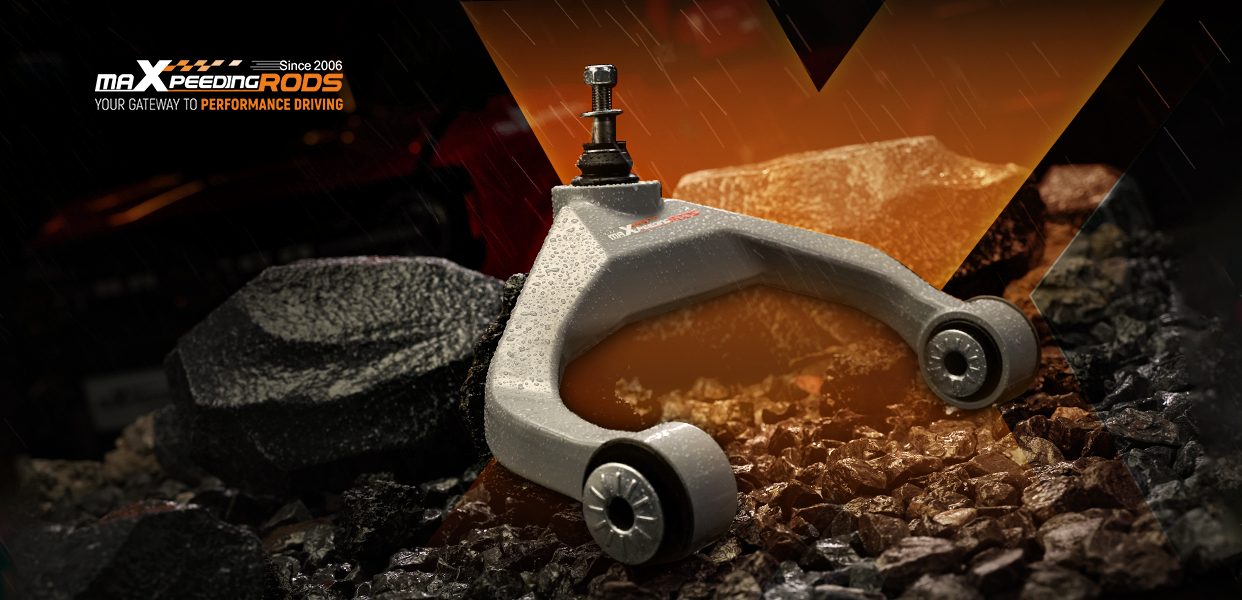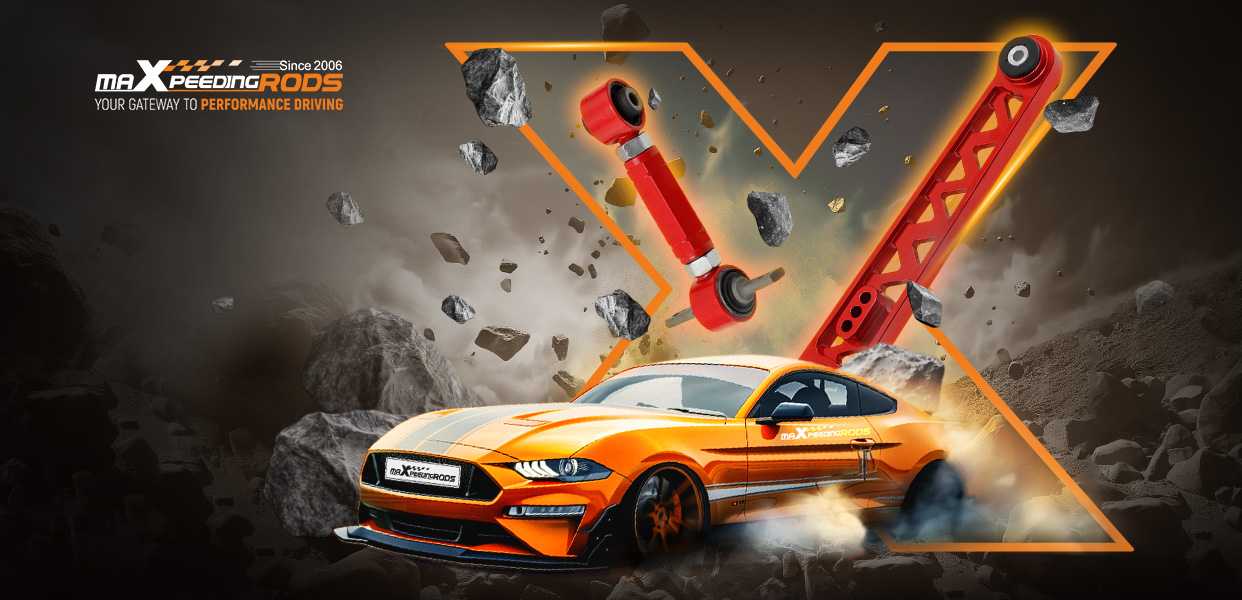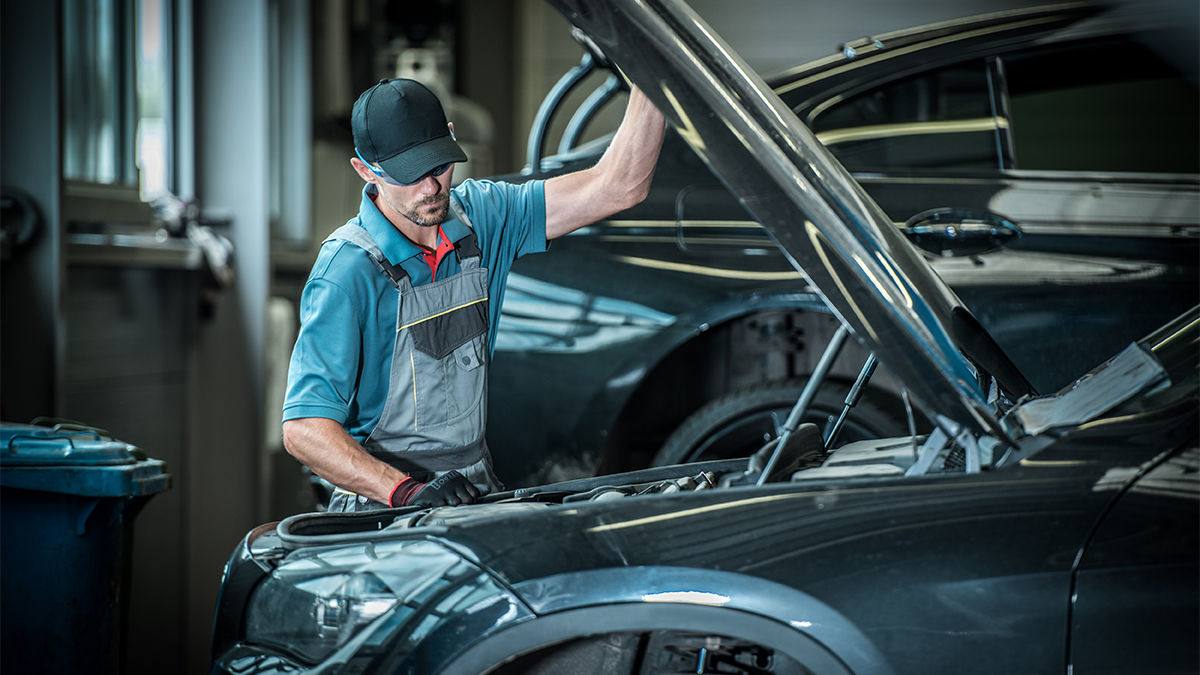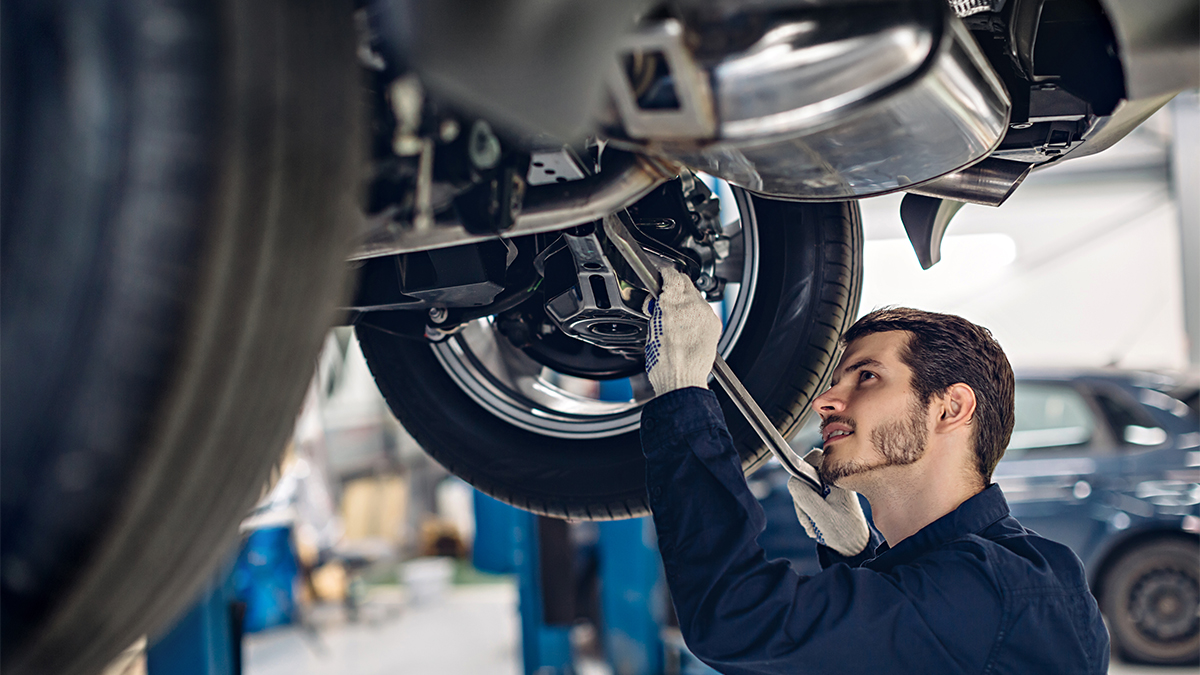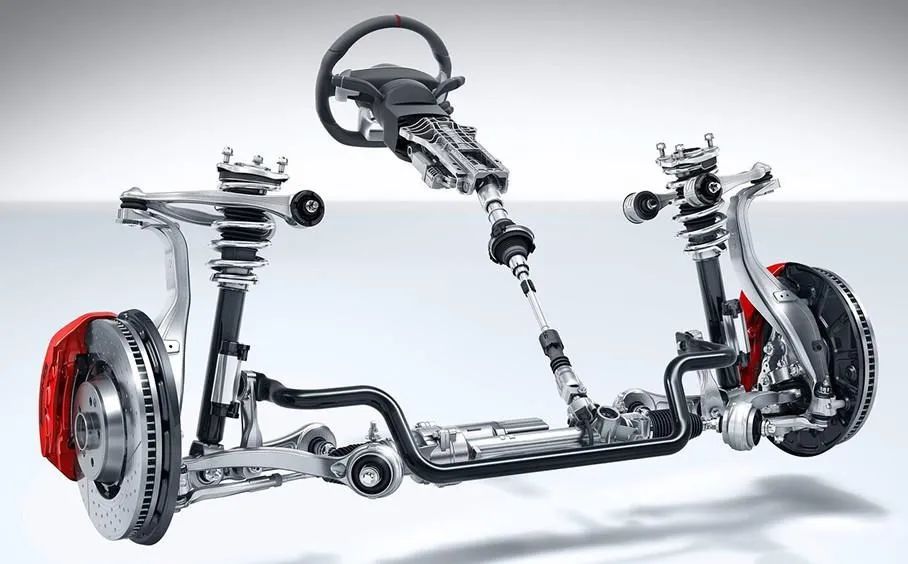The turbocharger, or “turbo” in short, is an integral part of your vehicle. It consists of a compressor wheel and exhaust gas turbine wheel coupled together by a solid shaft and that is used to boost the intake air pressure of an internal combustion engine. The exhaust gas turbine extracts energy from the exhaust gas and uses it to drive the compressor and overcome friction. When the turbo is damaged or not functioning, you will no doubt experience a sudden loss of power. This article discusses the symptoms of a poor turbocharger.

Engine lacks power/black exhaust smoke
These are probably caused by the collapsed or restricted air pipe or the damaged crossover pipe. To solve the problem, you should inspect the pipe to see whether it’s damaged or obstructed. Another possible reason might be crack, burning of inlet or exhaust manifold. Or just check whether your gasket is missing. In this way, you should remove and inspect the manifold for damage when the engine is cold. Replace or repair it if needed.
Excessive oil consumption
If the oil consumes excessively, the problem could be the turbo flanges, clamp, or bolts loose. Then you just check all the connecting hardware and ensure every installation step is tight fits. If the problem doesn’t solve, check the oil drain line and the oil pump. Remove the obstruction or replace the oil pump if it malfunctions when needed.
Blue smoke
An oil leak in the combustion chamber caused by cracked turbo housing may lead to blue smoke shooting out of your exhaust pipe. It is also a sign that your oil feed line is leaking. When it happens, you should remove and inspect the oil feed line, solve the problem that you handle.
Noice
The noise will result from many factors such as restricted exhaust system, bad connection, dirty air cleaners. The louder the sound is, the worse the problem could be. You should take it seriously if you occur this situation. Check whether you can handle this. If not, you should consult your mechanic as soon as possible to get your vehicle checked.
Damaged turbine wheel
Turbine wheel damages are probably caused by the restriction of the turbine housing, oil pump malfunction, or excessive engine idle. In this case, you should figure out the exact problem first, then try different solutions for different situations. Such as remove and replace the turbine housing.
Damaged compressor wheel
The damaged compressor wheel is only caused by the air cleaner element missing, leaking, but also the worn bearings and burned pistons. So you can repair or reconnect the air cleaner element, replace the bearings or pistons. Sometimes you will face the situation if the warm-up time is not enough. In this case, you just try to extent the warm-up time.
The turbo is an extremely important part of the engine. We must be alert to these signs. This is the signal your car sends to you. Once a problem occurs, you should check the problem in time and follow the advice and guidance of a professional mechanic when necessary.

